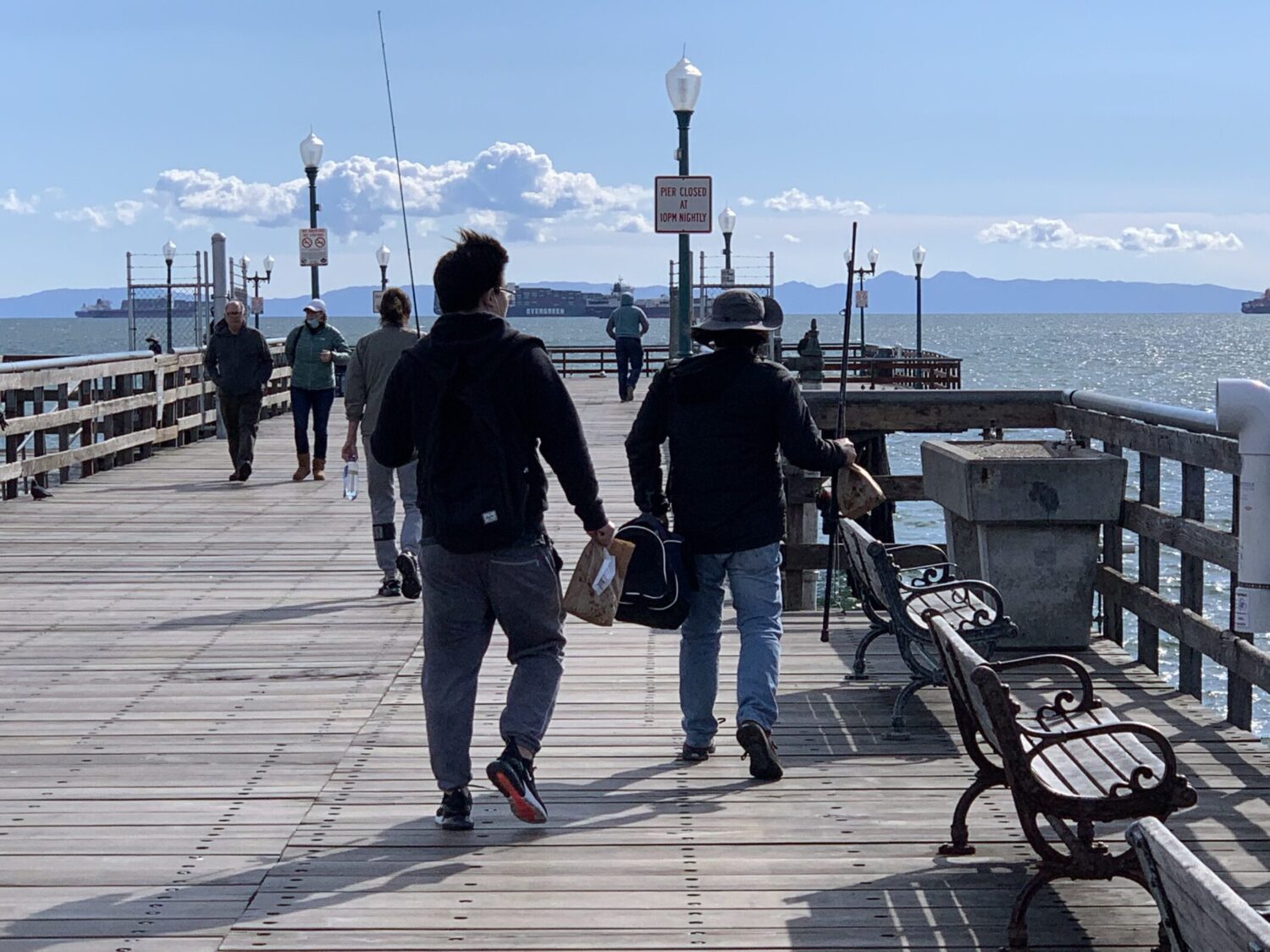All You Need to Know about Fishing at Seal Beach Pier in Orange County

This month, through our Angler Outreach Program, we’re spotlighting Seal Beach Pier in Orange County.
Seal Beach Pier, located in Orange County, is one of the longest wooden piers in California. It was built at the beginning of the last century and has suffered damages caused by storms and a fire in 2016 that destroyed the restaurant located at the end of the pier. Fortunately, most of the pier was saved from the flames.
Like the rest of California’s public piers, fishing at the Seal Beach Pier is free. A fishing license is not required, but fishing regulations must be followed regarding the size and species that can be caught.
The pier is open to the public from 6am to 10pm, and has amenities for anglers including areas to clean fish, trash cans to deposit the waste, and specific receptacles for used fishing lines to prevent animal entanglement and pollution issues in the ocean. Anglers enjoy the pier individually or with friends and family members, bringing their own food and chairs to enjoy fishing and a day at the beach. During the weekends you can often observe entire families enjoying a day of fishing.
At Seal Beach Pier it is very common to catch corbina, perch, mackerel, topsmelt, and halibut. It’s even possible to see sharks! I have also seen how anglers work as a team – experienced anglers often readily share their bait with first-timers so that everyone can enjoy a good fishing day.
Seal Beach Pier is within the red zone, where the consumption of white croaker, barred sand bass, black croaker, topsmelt and barracuda should be avoided due to their high levels of toxins such as dichloro-diphenyl-trichloroethane (DDT) and polychlorinated biphenyls (PCBs). Signs on the pier list these five fish as contaminated.
People who regularly eat fish caught near the contaminated areas face greater health risks because of prolonged exposure to toxic chemicals such as DDT and PCBs.
Due to COVID-19, Heal the Bay’s Angler Outreach Program has suspended its educational activities at this pier. But once the health authorities allow it, we will return to the pier to educate pier anglers about the risk of consuming contaminated fish from the nearby superfund site at Palos Verdes Peninsula. Stay up to date on our Angler Outreach Program by checking out our latest blog posts.


